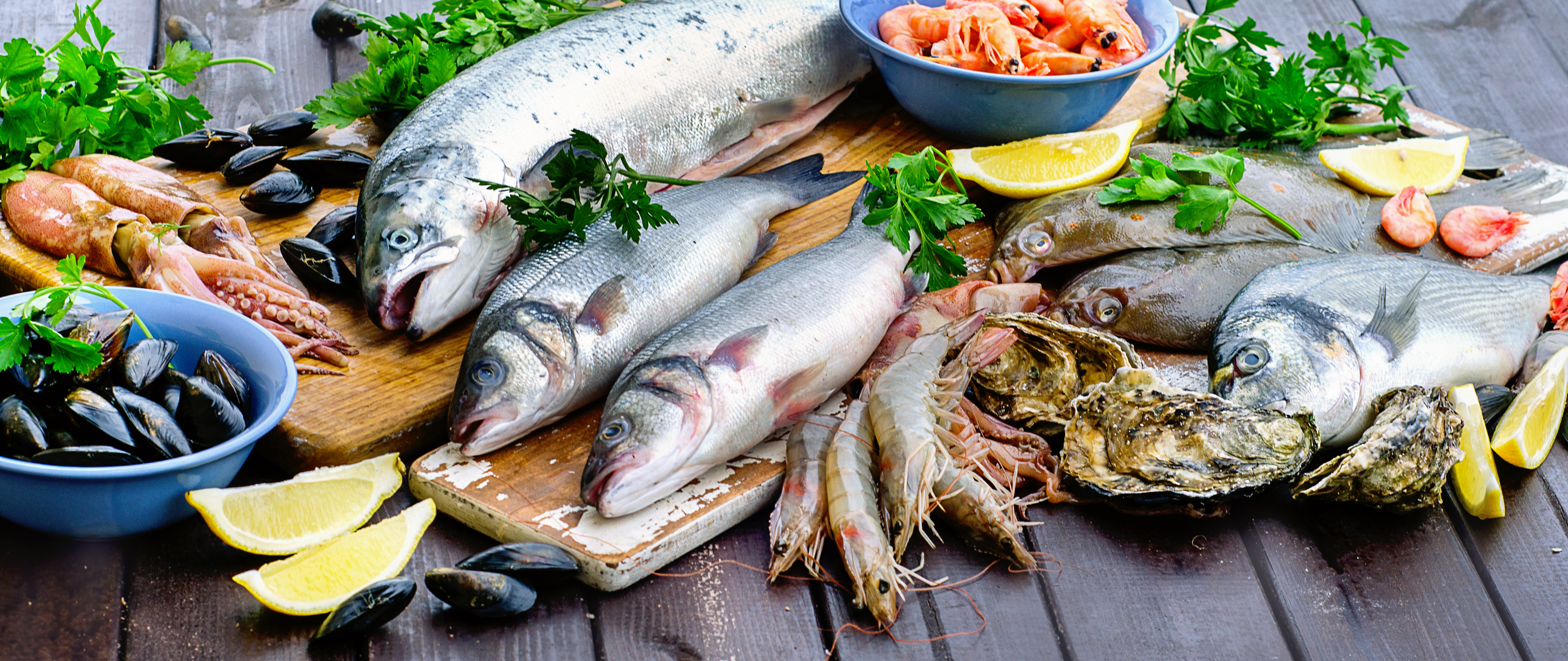Back in 2018, I appeared on the Joe Rogan Podcast (Episode 1175) and spent nearly 4 hours debating nutrition with Chris Kresser. He brought up some data that fish have TMAO in them, fish are considered heart healthy (debatable), and therefore plant diets are not the best choice. There was very little data in 2018 to make decisions on this point. I do not eat fish but Valter Longo, Ph.D. does include them twice a week in his Longevity Diet.
Now there are new data published from the Cleveland Clinic.
As background, some species of fish and seafood are high in trimethylamine N-oxide (TMAO), which accumulates in muscle where it protects against pressure and cold. Trimethylamine (TMA), the metabolic precursor to TMAO, is formed in fish during bacterial spoilage. Fish intake is promoted for its potential cardioprotective effects. However, numerous studies show that TMAO has pro-atherothrombotic properties.
For the first time, the effects of fish or seafood consumption on circulating TMAO levels in participants with normal renal function were determined.
STUDY METHODS
TMAO and omega-3 fatty acid content were quantified across multiple different fish or seafood species by mass spectrometry. Healthy volunteers (n=50) were recruited for three studies. Participants in the first study consented to 5 consecutive weekly blood draws and provided dietary recall for the 24 hours preceding each draw. In the second study, TMAO levels were determined following defined low- and high-TMAO diets. Finally, participants consumed test meals containing shrimp, tuna, fish sticks, salmon, or cod. Blood TMAO levels were quantified by mass spectrometry in blood collected before and after the dietary challenge.
STUDY RESULTS
TMAO+TMA content varied widely across fish and seafood species. Consumption of fish sticks, cod, and to a lesser extent, salmon, leads to significant increases in circulating TMAO levels. Within one day, circulating TMAO concentrations in all participants returned to baseline levels.
STUDY CONCLUSIONS
The authors concluded that “some fish and seafood contain high levels of TMAO and may induce a transient elevation in TMAO levels in some individuals. Selection of low TMAO-content fish is prudent for subjects with elevated TMAO, or impaired renal function”.
I do not eat fish. If you do eat fish and have heart disease, I would avoid fish with high TMAO content as TMAO has been shown to promote atherosclerosis, platelet aggregation (clumping and clotting), and perhaps, scarring of the heart and kidneys.
About the author: At his core, Dr. Joel Kahn believes that plant-based nutrition is the most powerful source of preventative medicine on the planet. Having practiced traditional cardiology since 1983, it was only after his own commitment to a plant-based vegan diet that Dr. Kahn truly began to delve into the realm of non-traditional diagnostic tools, prevention tactics, and nutrition-based recovery protocols.
As with anything you read on the internet, this article should not be construed as medical advice; please talk to your doctor or primary care provider before changing your wellness routine. WHN does not agree or disagree with any of the materials posted. This article is not intended to provide a medical diagnosis, recommendation, treatment, or endorsement. Additionally, it is not intended to malign any religion, ethnic group, club, organization, company, individual, or anyone or anything. These statements have not been evaluated by the Food and Drug Administration.
Content may be edited for style and length.
References/Sources/Materials provided by:
https://www.kahnlongevitycenter.com/
https://www.linkedin.com/in/joel-kahn-md-757a59225/




